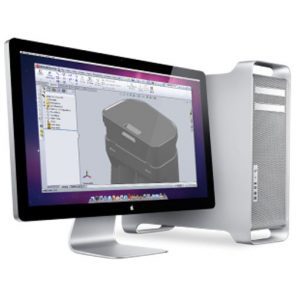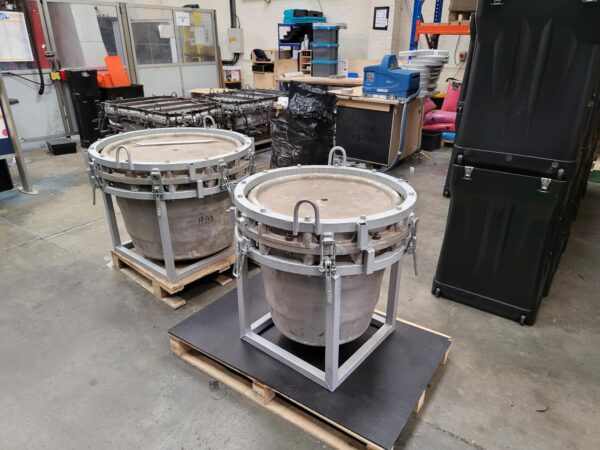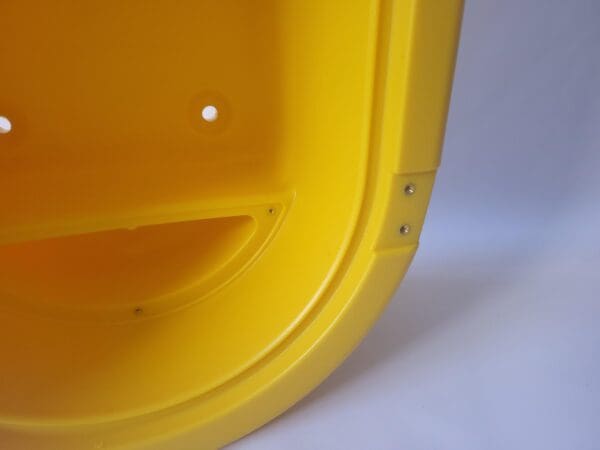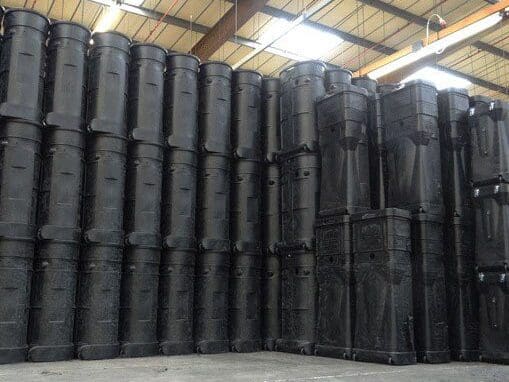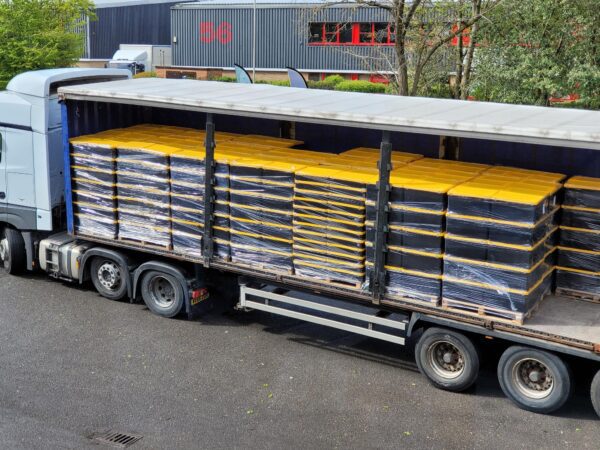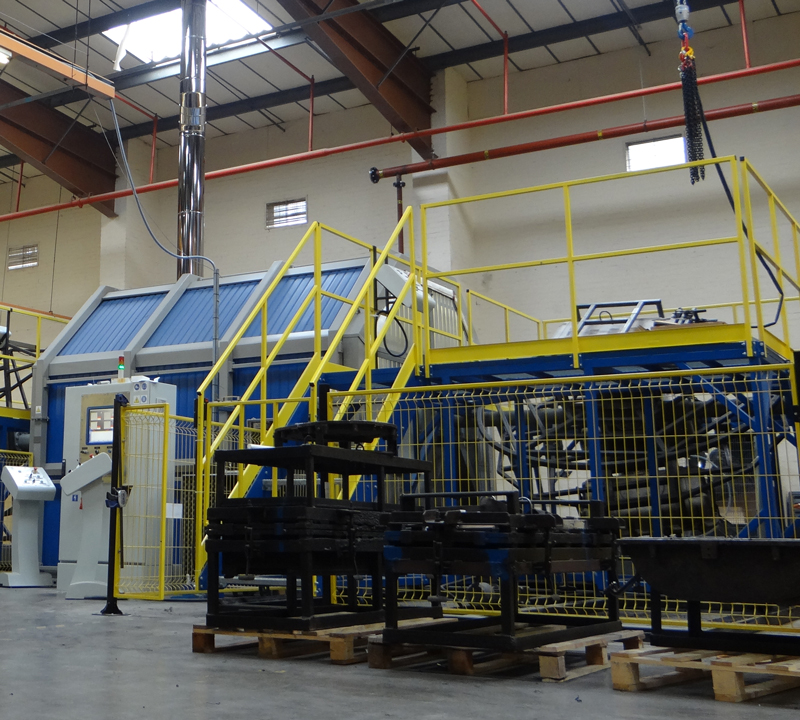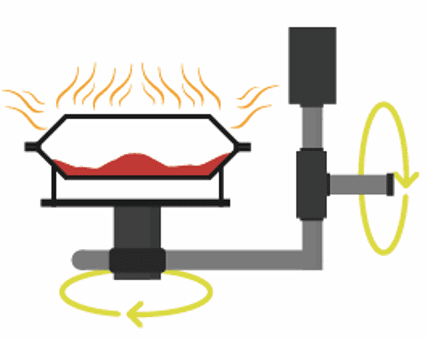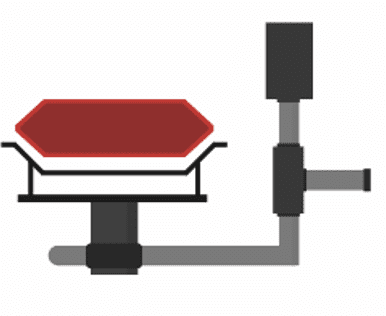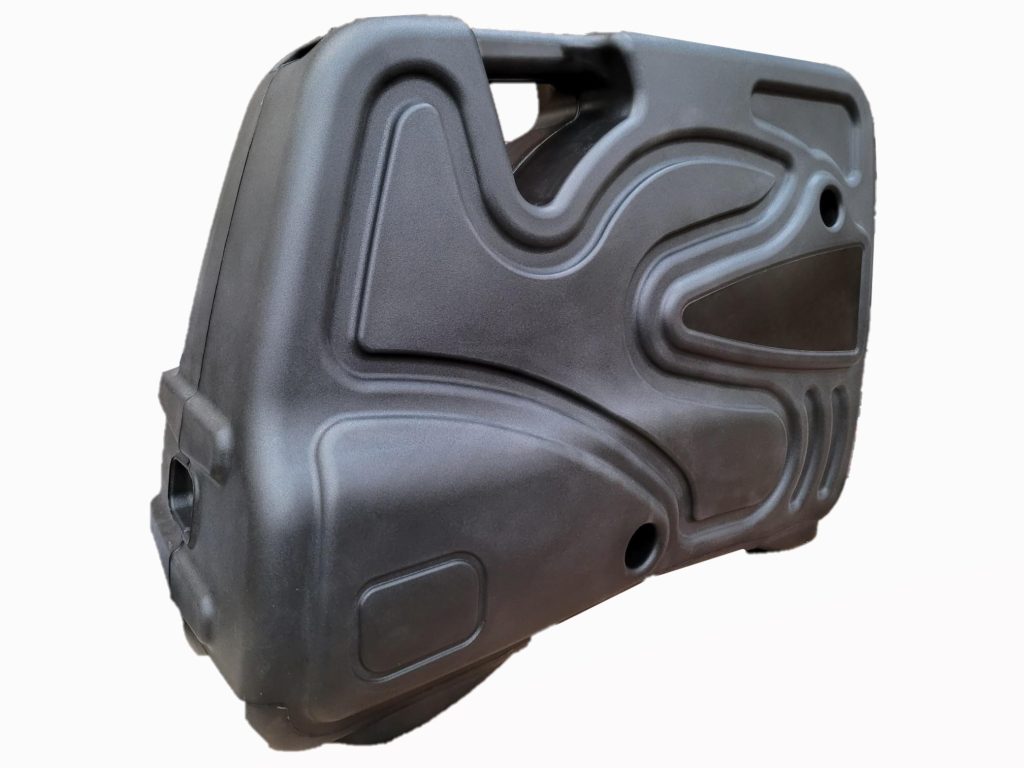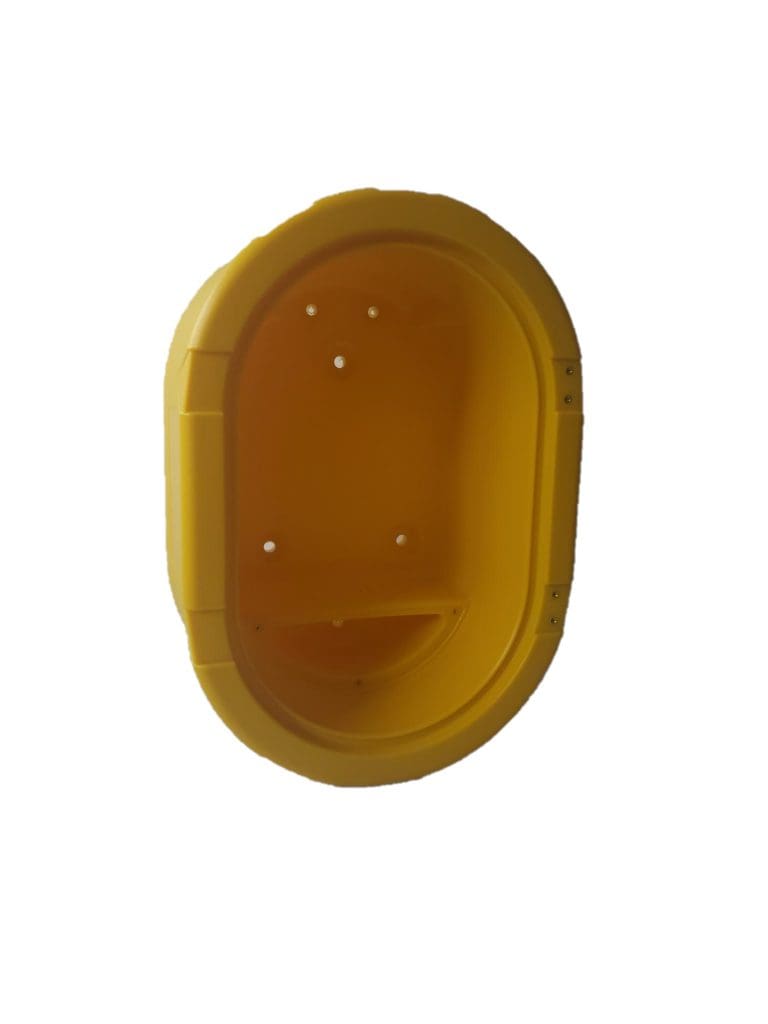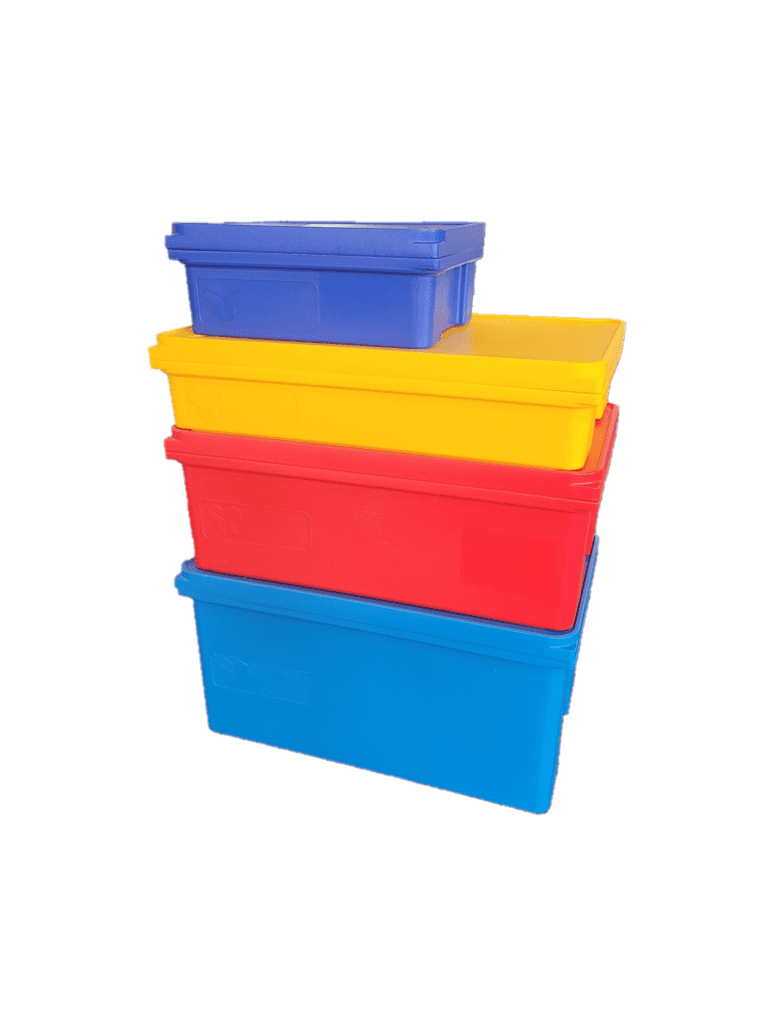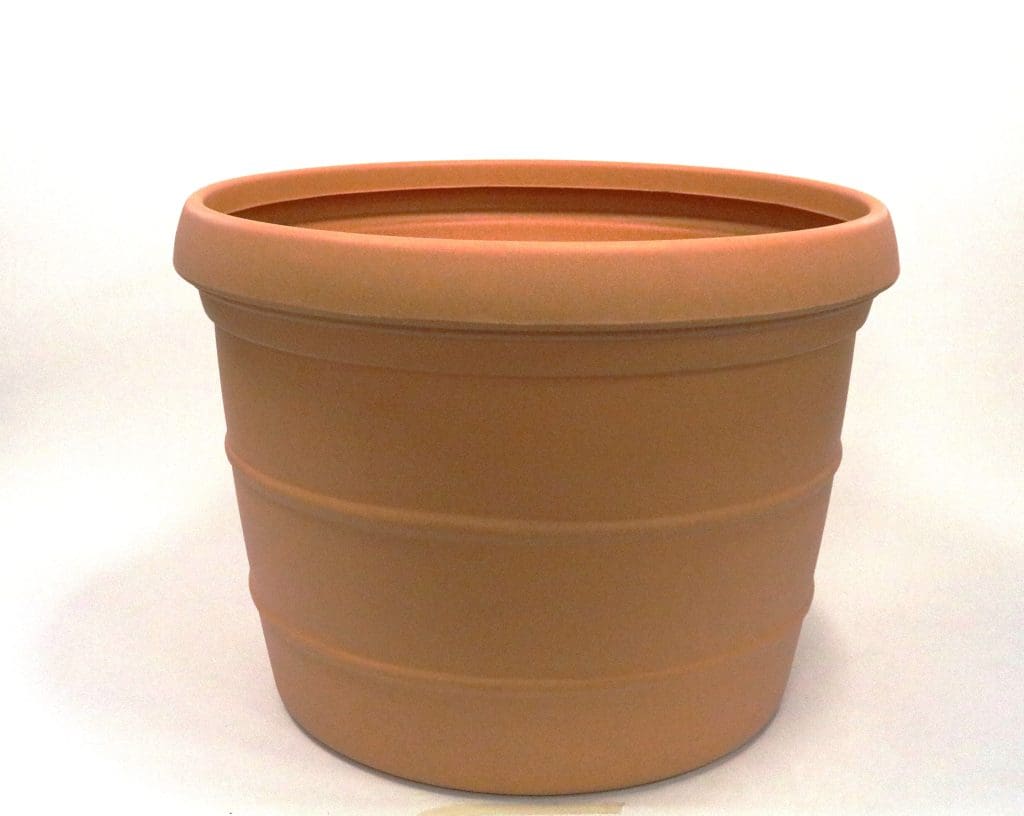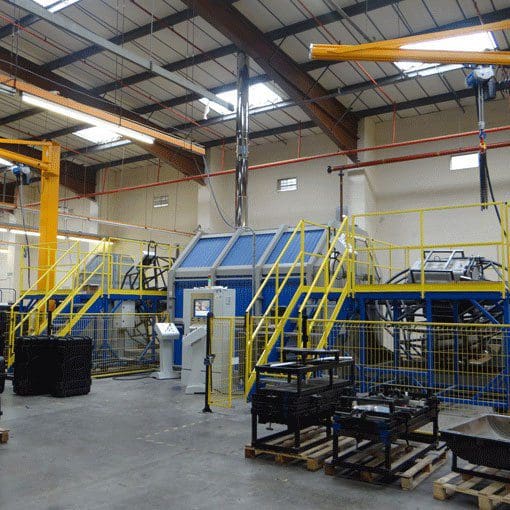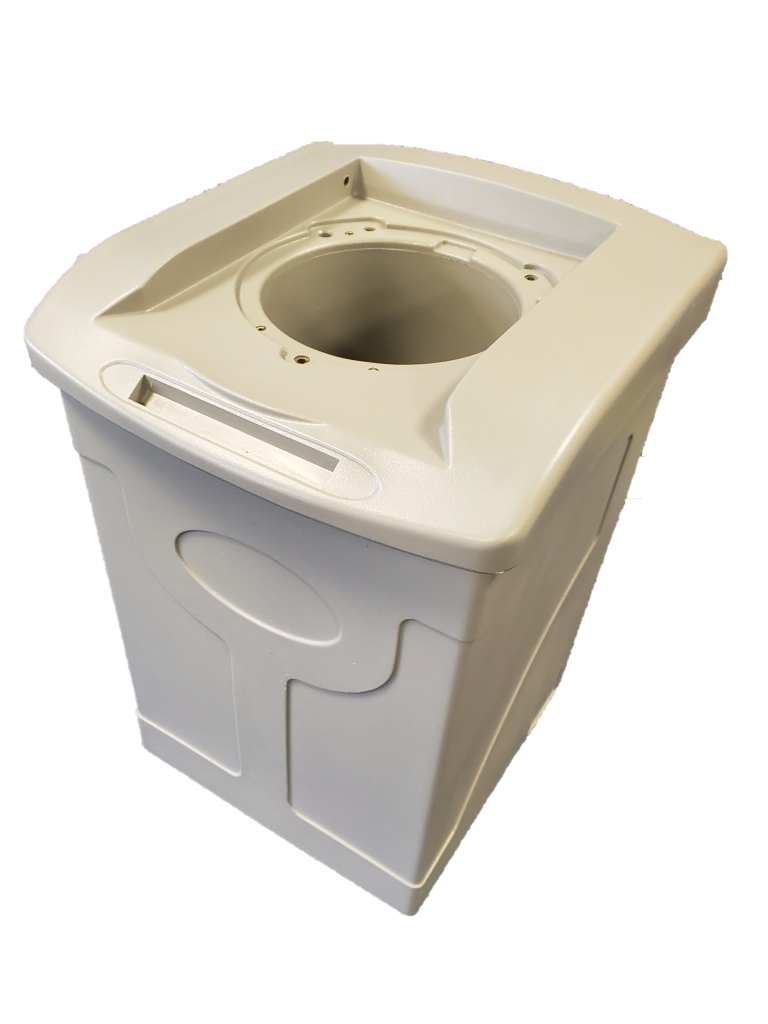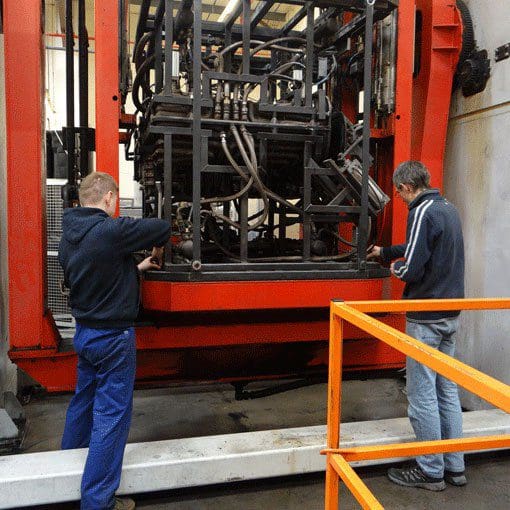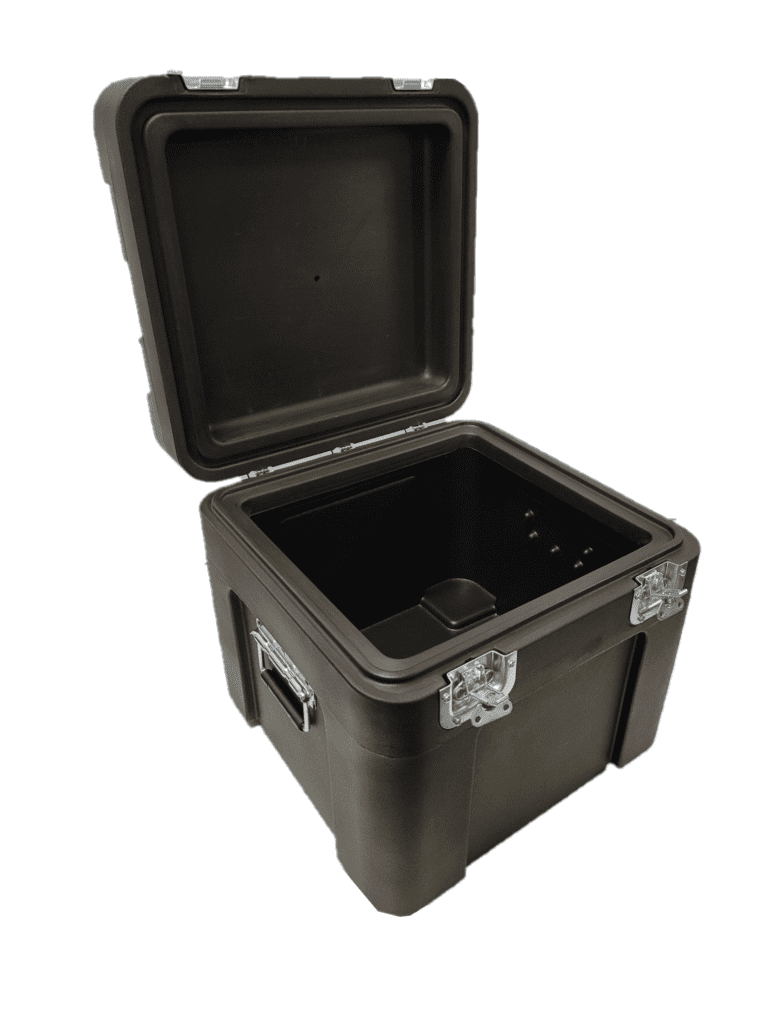At Trifibre, we believe in taking a client-focussed approach and provide a full OEM rotational moulding service. Using Computer Aided Design (CAD) software, we work with you to produce designs and prototypes to ensure your requirements are fully met prior to production.
Once these designs have been finalised, we ensure that the manufacturing of your project is completed efficiently and successfully. To manufacture your plastic products, we use polyethylene, polypropylene, polyvinyl chloride (PVC), nylon or polycarbonate in our rotational moulding process.
As the tooling used in rotational moulding makes it a cost-effective manufacturing technique, we provide competitive pricing for quality products. Check out our FAQs on plastic rotational moulding for further information on the process.
Established in 1981, the Trifibre Ltd group has over 40 years of manufacturing experience and has gained an outstanding reputation for delivering bespoke and innovative, design-led products.
Contact us if you would like Trifibre to become your OEM rotational moulding company or for support with your new custom rotomoulding project!

